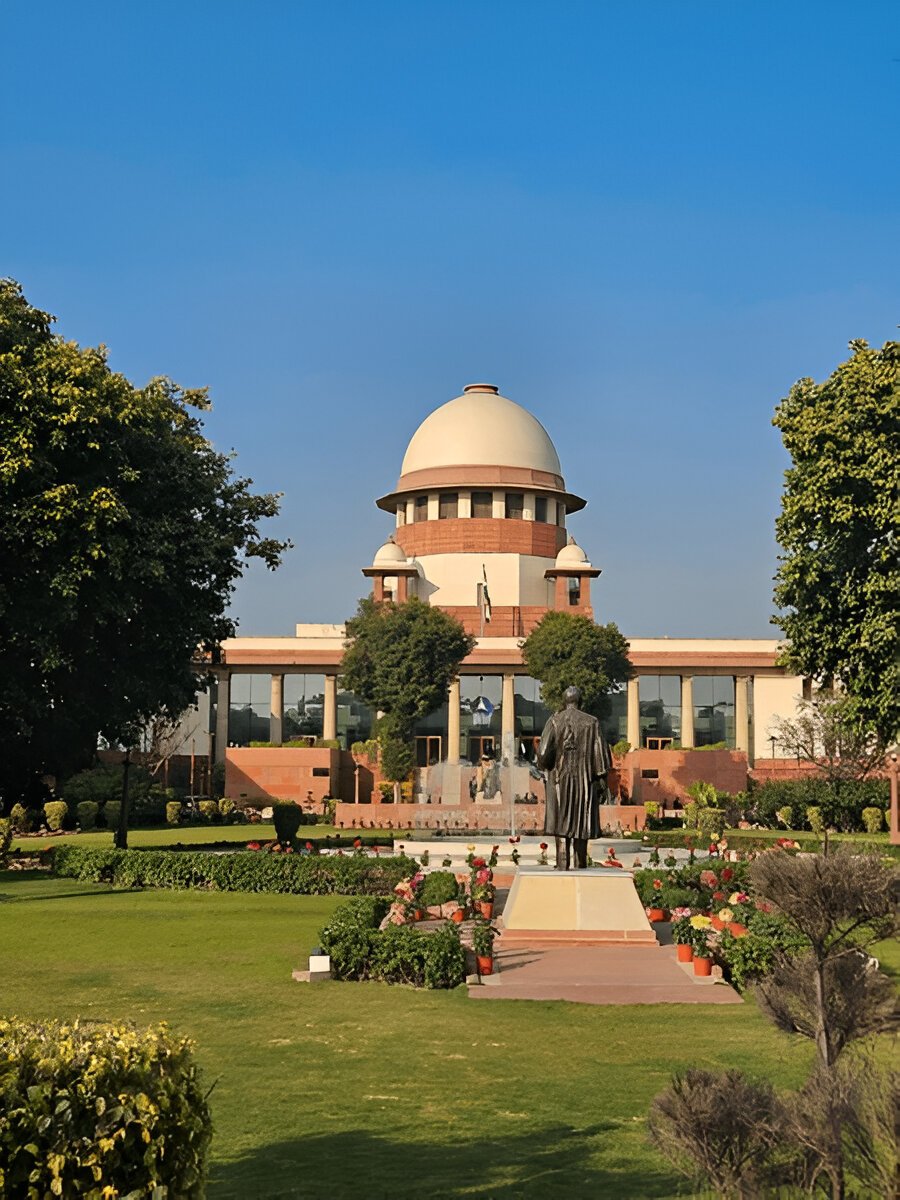Introduction:
The Supreme Court. held that possession is not essential to validate a gift or settlement deed, and once accepted, it cannot be unilaterally revoked. The case involved a father’s registered settlement deed to his daughter, later revoked before selling the property to his son. Upholding the High Court's ruling, the Court confirmed the deed as a valid gift, making the revocation and sale invalid.
- Section 122 of the Transfer of Property Act, 1882 – Defines a gift and establishes that delivery of possession is not a requirement if the gift is accepted and registered.
- Section 41 of the Transfer of Property Act, 1882 – Establishes the concept of an ostensible owner when life interest is retained.
- Registration Act, 1908 – Mandates registration of immovable property gifts to ensure validity.
- General principles of wills and settlements – A Will is revocable and takes effect only after the testator’s death, whereas a settlement deed creates immediate rights.
Facts of the Case:
The suit property originally belonged to the father (Defendant No.1). On 26.06.1985, the father executed a registered settlement deed in favor of his daughter (Respondent No.1) out of love and affection. However, he retained a life interest and limited mortgage rights. The deed allowed the daughter to construct buildings and pay taxes, indicating that rights over the property were created in her favor immediately, but possession was to be transferred after the father's death. Later, the father executed a cancellation deed revoking the settlement in favor of his daughter. Subsequently, on 19.10.1993, he executed a sale deed in favor of his son (Appellant). The daughter filed a suit seeking declaration of her title, invalidation of the cancellation and sale deeds, and a consequential injunction against her brother.
Issues
- Whether the settlement deed executed by the father in favor of his daughter amounted to a gift, settlement, or will?
- Whether the unilateral cancellation of the settlement deed and the subsequent sale in favor of the son were valid?
- Whether delivery of possession is necessary to validate a gift or settlement?
Contentions of the Petitioner
The 1985 settlement deed was a Will, not a gift or settlement, as the father had retained life interest and postponed possession transfer. Since a Will does not create immediate rights and can be revoked anytime, the father's subsequent cancellation and sale were valid. The Trial Court and First Appellate Court had rightly held that the document was a Will, and the High Court erred in ruling otherwise.
Contentions of the Respondent
The document was a settlement deed and a gift, as it created an immediate interest in her favor, despite the father retaining life interest. Delivery of possession is not a requirement for a valid gift under Section 122 of the Transfer of Property Act, 1882. Once a gift is accepted and registered, it becomes irrevocable and cannot be unilaterally canceled. The father had no right to cancel the settlement deed unilaterally, nor could he execute a valid sale deed in favor of the son.
Court's Analysis
Nature of the Document – Gift, Settlement, or Will
The Court held that the 1985 document was a gift deed in the form of a settlement, not a Will. A gift is an irrevocable transfer made voluntarily without consideration, requiring acceptance during the donor’s lifetime. A settlement deed, being a form of gift, creates immediate rights in favor of the donee while allowing the transferor to retain a life interest. In contrast, a Will takes effect only after the testator’s death. Since the settlement deed vested title in the daughter immediately, the High Court correctly classified it as a settlement rather than a Will.
Delivery of Possession Not Essential for a Gift
The Court reaffirmed that delivery of possession is not mandatory for the validity of a gift under Section 122 of the Transfer of Property Act, 1882. The daughter’s acceptance of the gift was established through the registration of the document and receipt of the original deed. Furthermore, the father’s retention of a life interest did not negate the ownership transfer, as he was merely an ostensible owner under Section 41 of the Transfer of Property Act.
Unilateral Cancellation is Invalid
Once a gift is executed, accepted, and registered, it cannot be revoked unilaterally by the donor. The Court ruled that the sub-registrar had no authority to register the cancellation deed without judicial intervention. Since ownership had already been transferred to the daughter, the subsequent sale deed executed in favor of the son was also declared invalid.
Conclusion:
The Supreme Court dismissed the appeal, upholding the High Court’s decision that the settlement deed was a valid gift deed. The father’s unilateral cancellation of the gift deed was void, and the subsequent sale to the son was invalid. The daughter’s title and ownership rights were upheld, and she was entitled to full control of the property.

